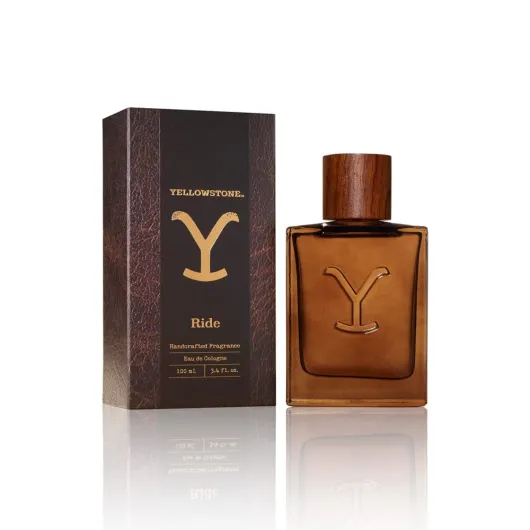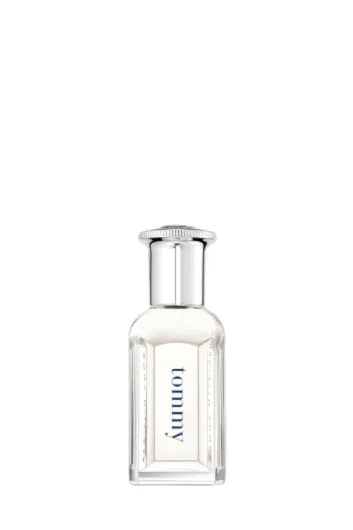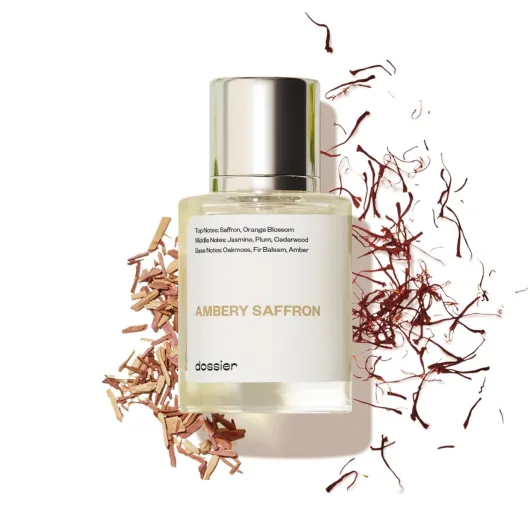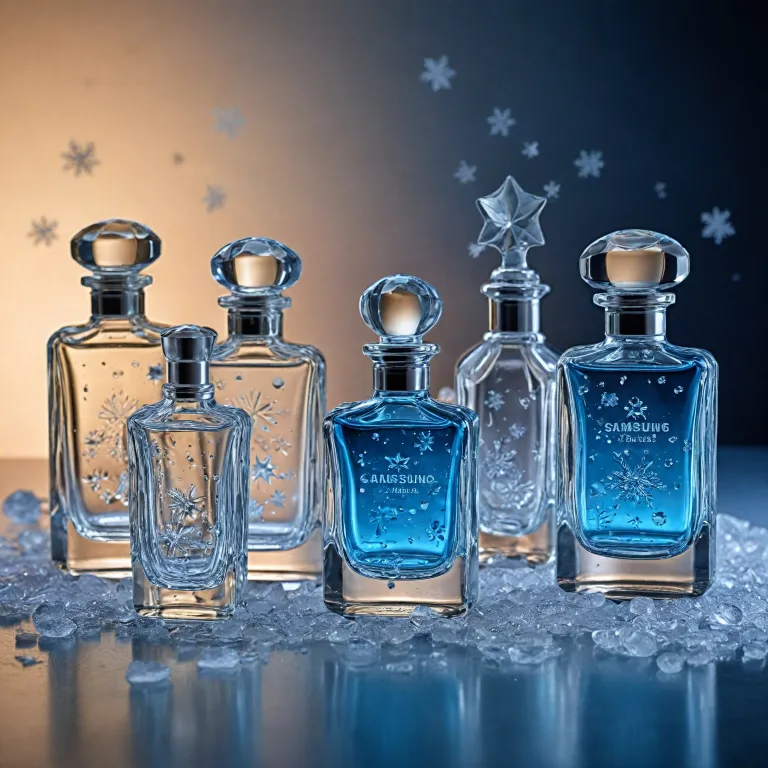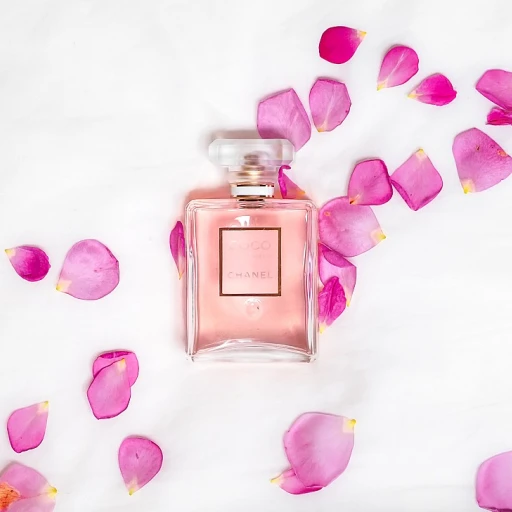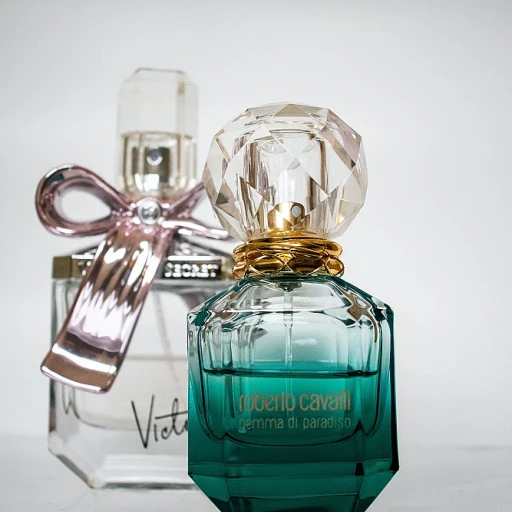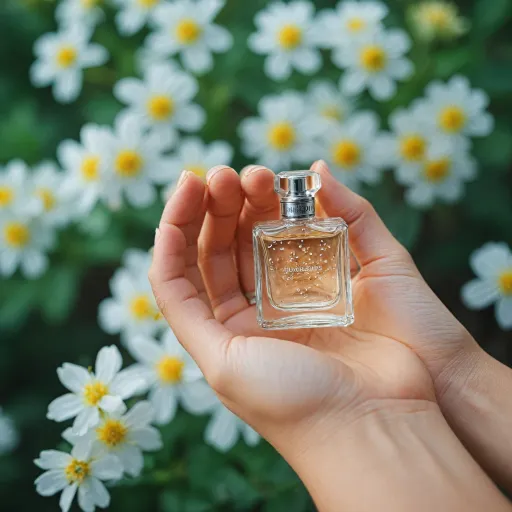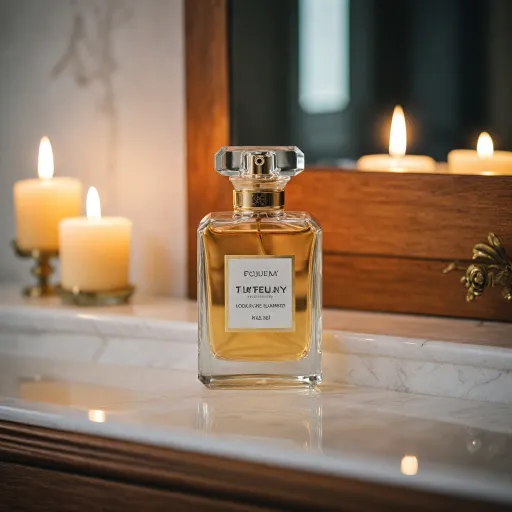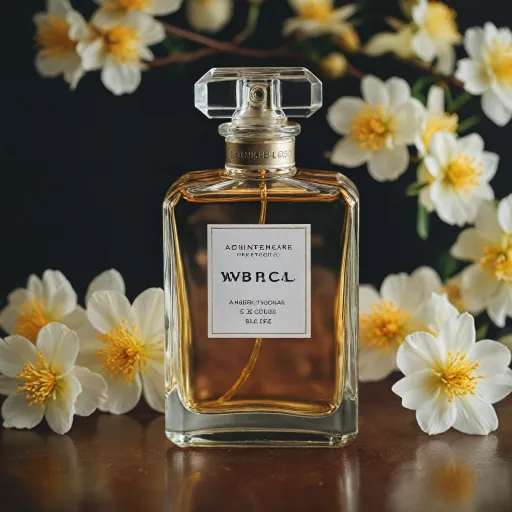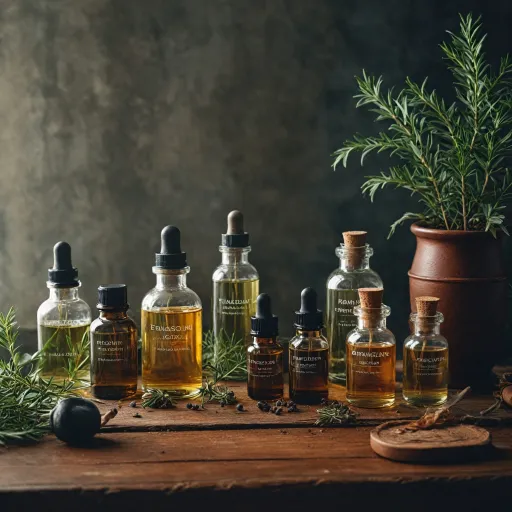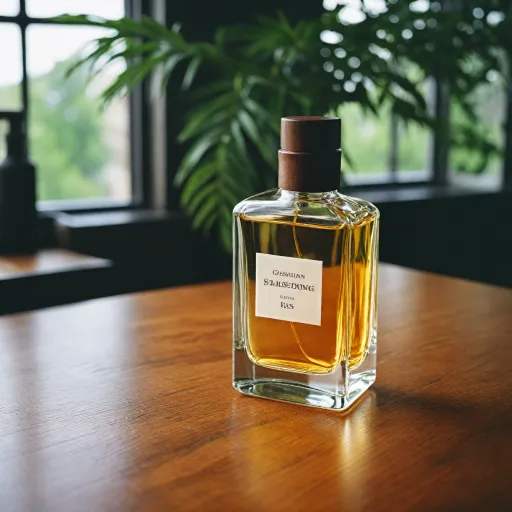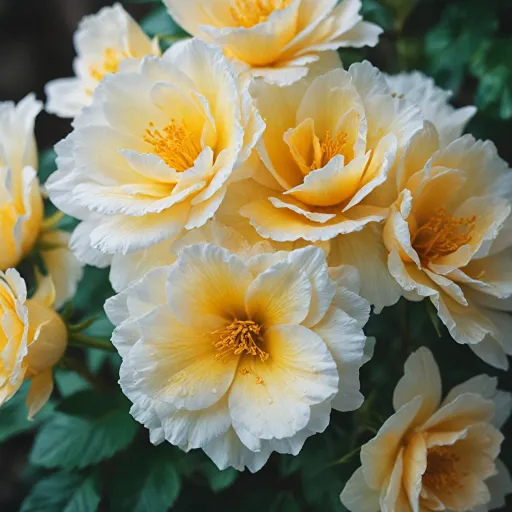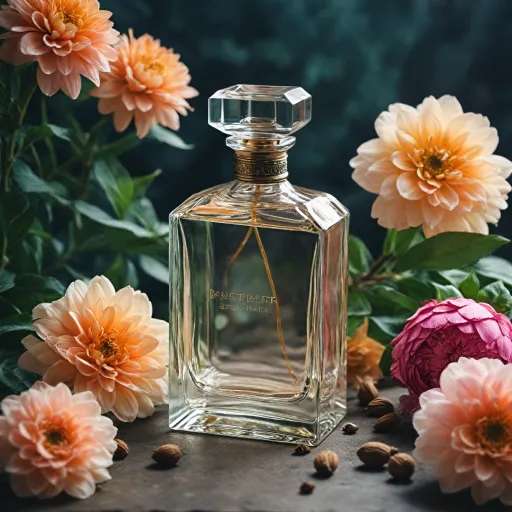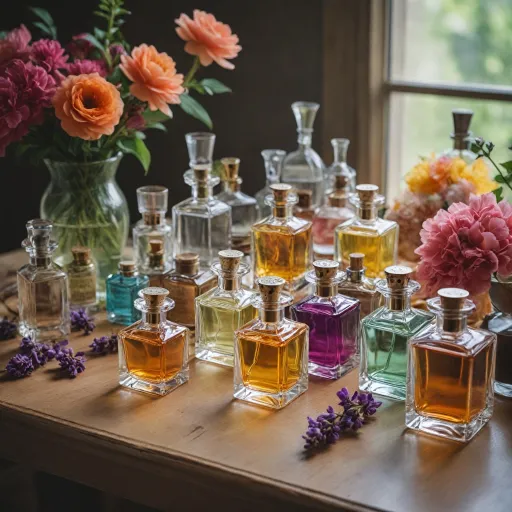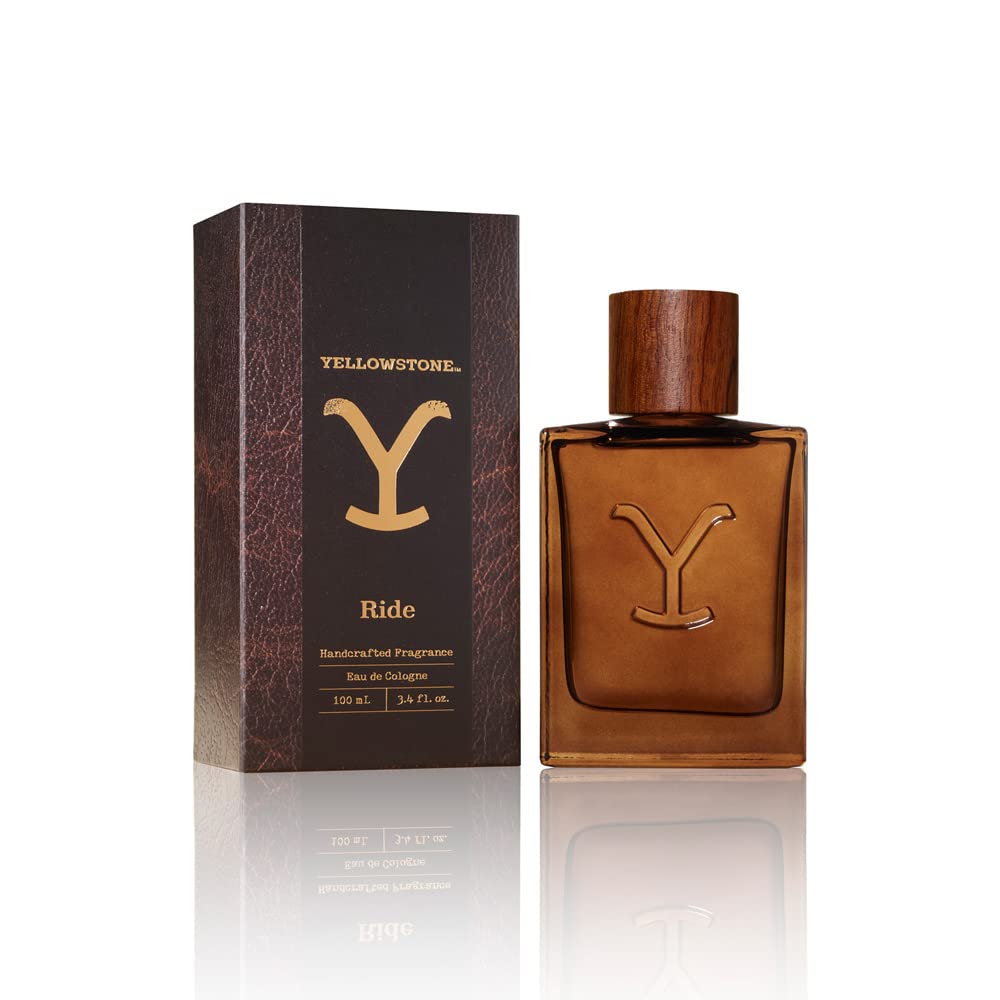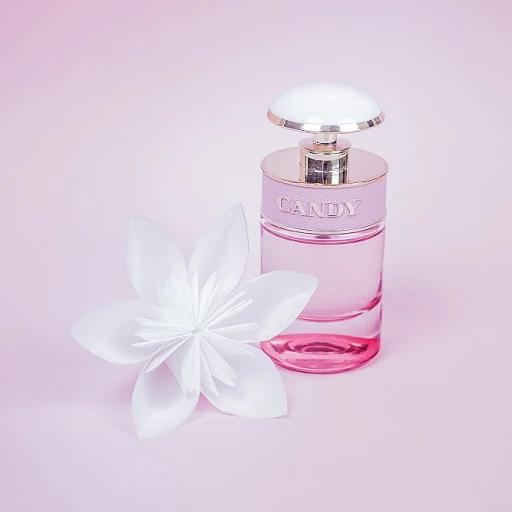
How temperature impacts perfume composition
Why temperature matters for your fragrance
Temperature plays a crucial role in how your favorite perfume performs and lasts. When you expose a fragrance to different temperatures, you can affect its scent, longevity, and even the stability of its ingredients. Whether you keep perfume in your car during cold weather or store it in a room with fluctuating temperatures, understanding how temperature impacts perfume composition is essential for maintaining quality.
Perfumes are complex blends of essential oils, alcohol, and sometimes water. Each of these components reacts differently to temperature changes. For example, alcohol content can evaporate more quickly in heat, while cold temperatures may cause some ingredients to separate or become less volatile. This can lead to a scent that smells different from what you expect or even a perfume frozen in its bottle if the conditions are extreme enough.
Cold temperatures, especially those below the freezing point of water, can cause water-based perfumes to freeze. However, most fragrances contain enough alcohol to lower their freezing points, making it rare for perfumes to freeze completely under normal conditions. Still, repeated exposure to extreme temperatures can damage the delicate balance of ingredients, affecting both the scent and the performance of your fragrance.
Proper perfume storage is key to preserving your collection. Keeping perfume at room temperature, away from direct sunlight and extreme cold, helps maintain the original scent and prevents damage to the bottle and ingredients. If you want to dive deeper into how perfume measurements can influence your storage decisions, check out this guide on understanding perfume measurements.
In the next section, we’ll look at what actually happens when perfume is exposed to freezing temperatures, and why you might want to think twice before you leave perfume in your car during winter.
What happens when perfume is exposed to freezing temperatures
What Cold Really Does to Your Perfume
When you leave perfume in cold temperatures, especially during winter or in a car overnight, the effects on your fragrance can be more subtle than dramatic. Most perfumes do not freeze solid like water, but extreme cold can still impact the scent, texture, and longevity of your favorite bottle. Understanding what happens to your fragrance in these conditions helps you maintain quality and avoid unnecessary damage.
- Separation of Ingredients: Perfumes are complex blends of alcohol, essential oils, and sometimes water. Cold temperatures can cause these ingredients to separate, especially in water based or lower alcohol content fragrances. This separation may result in a cloudy appearance or uneven scent when sprayed.
- Changes in Scent Profile: Freezing or near-freezing conditions can dull the top notes of your perfume, making the initial spray less vibrant. Some delicate ingredients may lose their intensity, while others can become more pronounced, altering the intended balance of the fragrance.
- Viscosity and Spraying Issues: When a perfume gets too cold, the liquid can thicken. This may clog the spray mechanism or cause uneven distribution, especially in travel atomizers or smaller bottles. If you notice your perfume frozen or not spraying well after exposure to cold, this could be the reason.
- Potential for Bottle Damage: While most perfume bottles are designed to withstand normal temperature fluctuations, extreme cold can make glass more brittle. If you store perfume in a car or an unheated space, sudden temperature changes might increase the risk of cracks or leaks.
It’s important to note that while most perfumes have a lower freezing point than water due to their alcohol content, they are not immune to the effects of cold weather. Prolonged exposure to freezing temperatures can degrade both the scent and the bottle, impacting the price and value of your fragrance collection.
For those who love to enhance their space with scent, consider using a wood diffuser as an alternative in cold environments. This can help maintain a consistent fragrance experience without risking your favorite perfumes to extreme temperatures.
In the next section, we’ll look at the science behind perfume freezing points and why some fragrances are more vulnerable than others.
The science behind perfume freezing points
Why Most Perfumes Don’t Freeze Like Water
When it comes to perfume freezing, the science is all about the ingredients. Most fragrances are made with a blend of alcohol, water, and essential oils. The alcohol content in perfumes is usually quite high, which plays a key role in how they react to cold temperatures. Alcohol has a much lower freezing point than water. For example, ethanol (the type of alcohol used in most perfumes) freezes at around -114°C, while water freezes at 0°C. This means that under normal cold weather or even in a cold car, your perfume bottle is unlikely to freeze solid like a bottle of water would.
However, not all perfumes are created equal. Water-based fragrances or those with lower alcohol content are more susceptible to freezing, especially if left in extreme temperatures. When the water in these perfumes freezes, it can cause the scent to separate or the bottle to crack, leading to damage and a loss of quality. This is why perfume storage is so important, especially if you want to maintain the best scent experience and protect your investment, whether it’s a luxury cherry perfume or your everyday fragrance.
How Freezing Points Affect Fragrance Quality
The freezing point of a perfume depends on its unique blend of ingredients. Most traditional perfumes with high alcohol content will not freeze in a standard household freezer or during cold weather. But if you leave perfume in a car overnight during winter, or store perfume in an unheated space, there’s a risk for water-based or low-alcohol fragrances. When these perfumes freeze, the essential oils and alcohol can separate from the water, which may alter the scent profile and reduce longevity. For more on how composition affects how long your fragrance lasts, check out this article on understanding the longevity of eau de parfum.
- Alcohol-based perfumes: Rarely freeze in typical cold environments due to low freezing points.
- Water-based fragrances: More likely to freeze and separate, especially in extreme temperatures.
- Essential oils: Usually remain stable, but can be affected if the carrier (alcohol or water) freezes.
Understanding these freezing points is key to maintain quality and avoid unnecessary damage to your fragrance collection. Proper storage at room temperature is always the best way to keep perfume at its best, whether you’re storing a single bottle or a large collection.
Risks of storing perfume in cold environments
Potential Damage to Perfume Quality in Cold Environments
Storing your favorite fragrance in cold temperatures might seem harmless, but it can actually impact the scent and overall quality of your perfumes. When a perfume bottle is exposed to freezing or near-freezing conditions, several things can happen that may compromise the fragrance you love.
- Separation of Ingredients: Perfumes are complex blends of alcohol, essential oils, and sometimes water. Extreme cold can cause these components to separate, especially in water-based or lower alcohol content fragrances. This separation can alter the original scent profile and make the fragrance less enjoyable.
- Crystallization and Cloudiness: When temperatures drop below the freezing point of some ingredients, you might notice cloudiness or even small crystals forming inside the bottle. This is a sign that the perfume has been affected by the cold, and it may not return to its original clarity even after warming up.
- Potential Bottle Damage: If water is present in the formula, freezing can cause expansion inside the bottle. This increases the risk of cracks or leaks, especially in glass bottles. A damaged bottle can lead to evaporation or contamination of your scent.
- Loss of Volatility: Cold weather can suppress the volatility of essential oils and alcohol, making the scent less pronounced when you spray it. You may find that your perfume seems weaker or doesn’t project as well after being stored in cold environments.
Leaving perfume in a car during winter or storing your collection in an unheated room exposes your fragrances to these risks. Even high price or luxury perfumes are not immune to damage from extreme temperatures. To maintain quality and ensure your favorite cherry perfume or signature scent stays true, it's best to keep perfume at a stable, room temperature environment.
| Risk | Effect on Perfume | Best Practice |
|---|---|---|
| Ingredient Separation | Altered scent, reduced performance | Store perfume away from cold |
| Crystallization | Cloudy appearance, possible texture change | Keep fragrances at room temperature |
| Bottle Damage | Leaks, cracks, evaporation | Avoid leaving perfume in car or freezing areas |
| Reduced Volatility | Weaker scent projection | Maintain stable storage temperatures |
In summary, perfume storage in cold weather or freezing environments can lead to irreversible changes. To keep perfume at its best, always consider the impact of temperature on your fragrance collection.
Best practices for storing your fragrance collection
Smart Ways to Protect Your Perfume Collection
Proper perfume storage is essential to maintain the quality and longevity of your favorite scents. While extreme temperatures—especially cold—can damage the delicate balance of ingredients, a few simple habits can help you keep your fragrances in top condition.
- Avoid temperature extremes: Both heat and cold can cause perfumes to deteriorate. Try to store perfume at a consistent room temperature, ideally between 15°C and 22°C (59°F to 72°F). Fluctuations can impact the alcohol and essential oils, leading to changes in scent and even separation of ingredients.
- Keep away from direct sunlight: Sunlight can break down the chemical structure of fragrances, causing them to lose their original character. Choose a dark, cool spot—like a drawer or a closed cabinet—for your perfume bottles.
- Don’t leave perfume in your car: Cars are notorious for extreme temperatures. Whether it’s freezing cold or blazing hot, leaving perfume in your car can lead to freezing or evaporation, both of which can damage the scent and bottle.
- Seal bottles tightly: Exposure to air can accelerate oxidation, which alters the fragrance and reduces its shelf life. Always ensure the cap is firmly closed after each use.
- Avoid bathrooms for storage: Humidity and temperature swings in bathrooms can harm perfumes, especially water based or low alcohol content fragrances. A bedroom or closet shelf is a better option.
- Store upright: Keeping bottles upright helps prevent leaks and minimizes the risk of the perfume coming into contact with the cap, which can cause deterioration.
By following these best practices, you can help preserve the unique character and value of your fragrance collection, whether you’re storing a rare cherry perfume or your everyday signature scent. Remember, thoughtful perfume storage is key to enjoying every note and nuance, no matter the price or season.
How to revive a perfume affected by cold
Bringing Your Perfume Back to Life After Exposure to Cold
If you’ve discovered your favorite fragrance has been left in the car during cold weather or stored in a spot where temperatures dropped below freezing, don’t panic. While extreme temperatures can impact the scent and quality, there are steps you can take to help revive your perfume and maintain its best characteristics.- Allow Gradual Warming: Move the perfume bottle to a room temperature environment. Avoid sudden changes in temperature, as rapid warming can cause condensation inside the bottle, potentially diluting the fragrance or affecting the alcohol and essential oils blend.
- Check for Separation: Inspect the liquid. If you notice cloudiness or separation of ingredients, gently roll the bottle between your hands. Shaking is not recommended, as it can introduce air bubbles and further disrupt the scent composition.
- Test the Scent: Spray a small amount on a blotter or your wrist. If the fragrance smells off or muted, give it a few days at room temperature. Sometimes, the scent profile will return as the ingredients stabilize.
- Monitor for Lasting Damage: If the perfume remains altered—smelling flat, sour, or significantly different—cold temperatures may have caused irreversible changes, especially in water based perfumes or those with delicate essential oils. In this case, it’s best to use the perfume for less critical occasions and consider replacing it if the scent is no longer enjoyable.
- Prevent Future Issues: To keep perfume at its best, store perfume bottles away from extreme temperatures, avoiding places like cars or windowsills. Consistent room temperature storage is key to maintaining quality and longevity.

